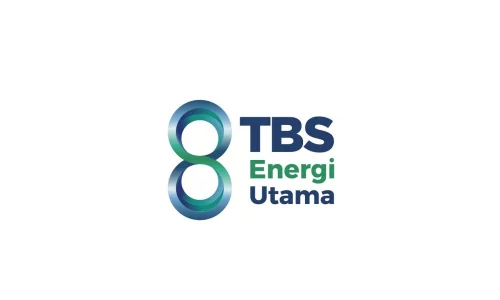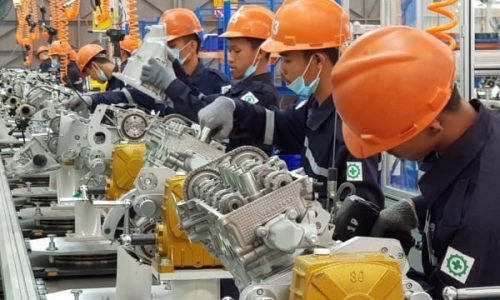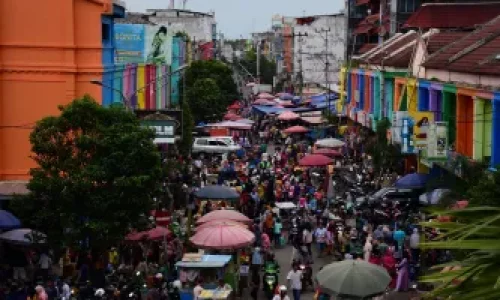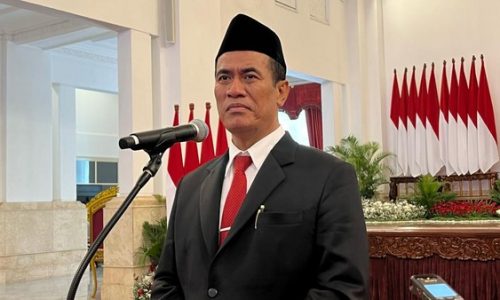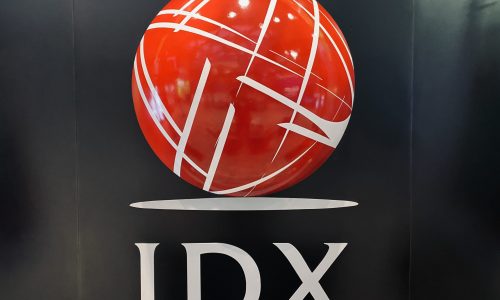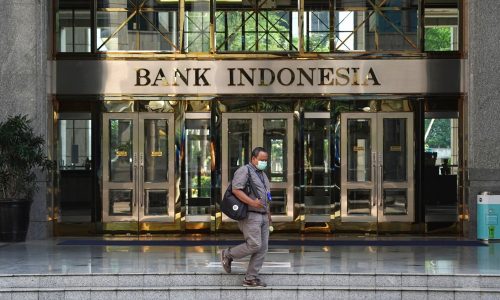A study conducted by Indonesia Corruption Watch (ICW) has revealed that approximately 150 individuals on the Provisional Legislative Candidate List (Daftar Caleg Sementara – DCS) for the Indonesian House of Representatives (DPR) have family relationships.
These relationships include parents, children, and grandchildren; spouses; siblings; as well as nieces and nephews, among others.
ICW researcher Kurnia Ramadhana explained that the research focuses on the list of prospective DPR members. The study relied on searching for family connections among party elites using Google search and social media, along with references from previous news reports.
The data was then cross-referenced with the names on the DCS, and verification was sought from various sources in the regions.
Lesser than actual count
Kurnia mentioned that the number of political dynasties found in the DCS is likely much smaller than the actual count.
However, what is clear, according to Kurnia, is that this research has identified instances where members of political party elites have included their family members as legislative candidates.
For example, the son of Golkar Chairman Airlangga Hartarto, Ravindra Airlangga, is listed as a candidate in the West Java V electoral district.
Similarly, the daughter of the Chairman of the National Mandate Party (PAN), Zulkifli Hasan, named Putri Zulkifli Hasan, is registered in the Lampung I electoral district.
Another child of Zulkifli Hasan, Zita Anjani, is listed as a legislative candidate for the Jakarta Regional People’s Representative Council (DPRD DKI Jakarta). Currently, Zita holds the position of Deputy Chair of the Jakarta Regional People’s Representative Council.
Furthermore, the son of NasDem Chairman Surya Paloh, Prananda Surya Paloh, is registered in the North Sumatra III electoral district, and Surya Paloh’s nephew, Pietra Mahreza Paloh, is in the Kepulauan Riau electoral district.
Political dynasty arise as regulations remains permissible
Kurnia stated that the results of this research also indicate that political dynasties continue to play a significant role in elections.
This condition persists because political parties lack guidelines for preventing conflicts of interest. However, political dynasties like these are prone to conflicts of interest.
Kurnia explained that conflicts of interest are evident in the large number of family members of political party elites who run as legislative candidates and secure top positions on the ballot, even though some of them are new party members.
“With family members in key party positions, they have strategic power, not only in determining ballot positions but also electoral districts,” said Kurnia.
According to Kurnia, while election laws do not prohibit familial relationships among legislative candidates or party elites, from a political ethics standpoint, these family connections in candidacy should be a concern for all stakeholders due to their potential to trigger conflicts of interest.




